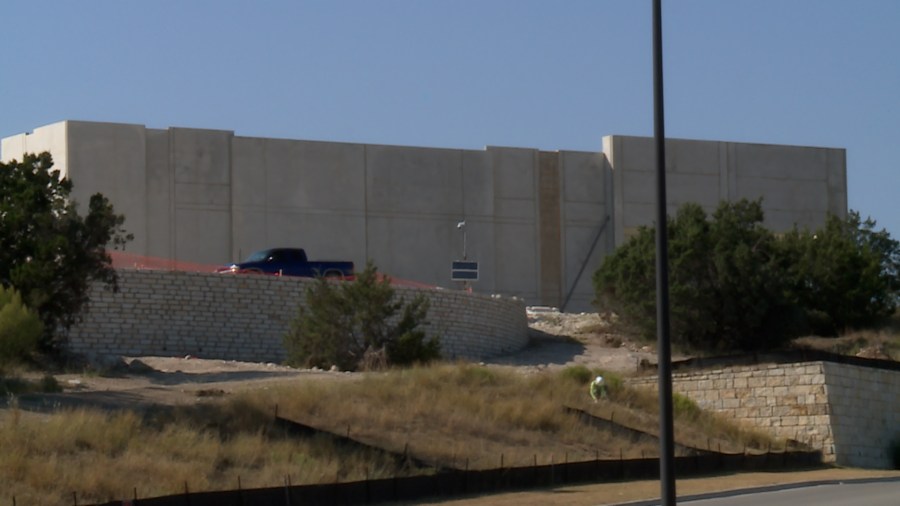On Friday, a temporary restraining order was granted by a Travis County judge, halting the construction of an industrial park in Bee Cave’s extraterritorial jurisdiction. This industrial facility, located at the intersection of State Highway 71 and Serene Hills Drive, has become the focal point of a deepening legal struggle as city officials and local residents gather against the project. The court’s decision effectively pauses construction for a period of 14 days, allowing city authorities to conduct inspections to verify compliance with development agreements and local ordinances. The proposed project entails the establishment of nearly 270,000 square feet of industrial space, comprising three buildings with a capacity for 80 docking bays suited for large trucks, as well as additional warehouse space and offices.
The local government’s opposition to the project crystallized in August when the Bee Cave City Council voted to initiate legal action aimed at prohibiting the development altogether. The city’s Communications Director, Crystal Cotti, asserted the council’s intentions not only to prevent ongoing construction but also to dismantle any structures already completed. This council motion received added support when the Lakeway City Council joined the lawsuit, which was further bolstered by the involvement of a local housing developer who cited significant concerns regarding the potential impacts of the project on surrounding neighborhoods.
Residents in the vicinity have vocalized their alarm over various issues stemming from the proposed facility. Chief among these concerns are traffic safety risks posed by large 18-wheeler vehicles operating in close proximity to residential traffic, as well as worries about noise and light pollution emanating from the site. These complaints have prompted local officials to act decisively against the project. During the recent court hearing, city representatives presented arguments underscoring the adverse effects of construction on the community, including the disruptive nature of both noise and industrial-grade lighting used during night hours, which enables work to continue around the clock.
In response, the developer’s legal team contended that the allegations of harm were exaggerated. They argued that there have been no significant warnings or citations pertaining to violations of local noise and lighting ordinances. This defense aimed to demonstrate that the claims made by the city and its residents lacked validity and urgency. In the court’s ruling, in addition to pausing construction activities, a requirement was established for developers to furnish the city with access to pertinent documentation related to the site, signifying a continued scrutiny of the project’s legitimacy and adherence to municipal regulations.
The developer involved, WS-COS Development, expressed respect for the court’s temporary ruling while affirming its readiness to present further evidence in future hearings. The company clarified that back in November 2023, the city was duly informed about the property’s sale and the intentions to adapt it as a warehouse facility suitable for commercial vehicles. This communication tactic highlights the complexities of the situation, as the developer maintains that they acted transparently throughout the process, framing the current legal frustrations as one of miscommunication or misunderstanding.
Looking ahead, the case is set to continue its legal journey with the next hearing scheduled for November 12. Both city officials and residents remain committed to addressing their concerns about the implications of the industrial park, striving to protect their community’s quality of life from what they perceive as an encroaching threat. The ongoing legal battle represents more than just a dispute over land use; it encapsulates the tensions between local governance, community welfare, and commercial development in a region striving to balance growth with preserving its residential character.

